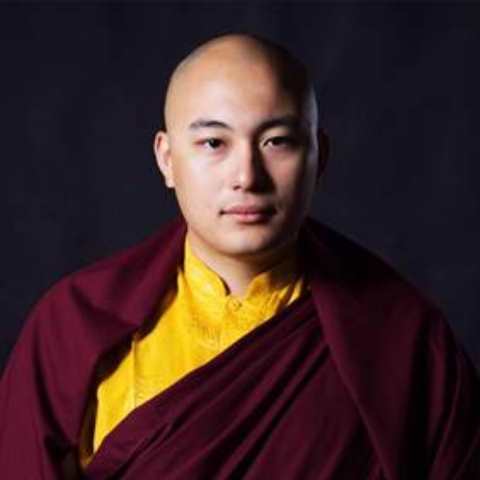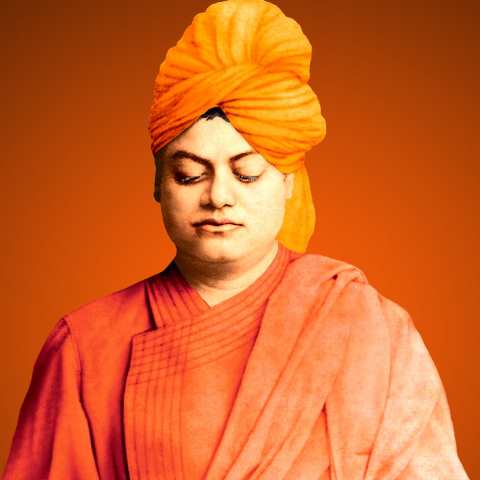Herbs and Meditation
Please check with your GP before trying any of these remedies.
Herbs and Meditation – using herbal medicine to support your spiritual practice.
In addition to supporting general health and vitality there are a number of ways in which herbs can support your meditation. Their effect can be initiated in various ways – they can interact with your brain via your olfactory system in the form of incense or essential oils, applied topically in the form of herbal oils or salves, or be taken internally as teas or powders. Below is a brief list of possibilities:
Adaptogens such as Ashwagandha, Schisandra, Ginseng which help alleviate the impact of stress and support a healthy and functional response to stress with long-term usage.
relaxing and calming the contracted body and spirit and appeasing the monkey mind. Nervines such as Skullcap, Passionflower, Chamomile. Skeletal Muscle Relaxants such as Skullcap, Black Cohosh, and Cramp Bark, massage oils. Essential oils can also shift mental and emotional states in particular ways and release tension from body and mind.
shifting from sympathetic to parasympathetic states. From predominantly beta brain wave patterns to alpha, theta and delta. Herbs such as: Holy Basil, psychoactive herbs, Nervines, essential oils (lavender – known to promote alpha brain-wave states), and supplements such as L-Theanine.
Essential oils or teas of Mint or Thyme, herbs such as Lobelia or green tea. Deep and relaxed breathing is an important part of most meditation techniques as well as practices such as Yoga and Tai Chi. Expanding and relaxing the bronchial and opening the respiratory system (or unclogging a stuffy nose) can really make a difference in the quality and ease of our meditation or practice.
for short-term effects herbs such as Green tea, Mate, or Calamus may enhance meditative focus and alertness with less of the jittery effect associated with caffeine. Many essential oils can also provide a awakening and focusing effect as well.
In some schools such as Kundalini Yoga and Tantric practices one deliberately uses specific techniques and sometimes herbs such as black pepper to stimulate“Kundalini” energy and the 1st and 2nd chakras. Conversely, in many monastic traditions, including Yogic and most Buddhist, hot spices such as garlic, cayenne, pepper and ginger are often avoided as over-stimulating – instead one is intent upon cooling or calming these energies. This is reminiscent of Gerard accusing Rosemary of stimulating the baser passions in his treatise on herbal medicine, as well as the history of hops and the creation of the Germany Purity Laws prohibiting the use of more stimulating herbs in beer in favor of the very sedative hops.
Herbs such as Bacopa, Gotu Kola and Gingko, as well as nutrients and supplements such as fish oil which may enhance mental function with regular usage. Bacopa and Gotu Kola have been traditional used to support meditation Such herbs may also assist in development of your cognitive line by enhancing your ability to study and learn (see Herbs and Scaffolding).
often our physical health, behavioral emotional, mental and spiritual patterns will fit into a constitutional profile. Imbalance in our lifestyle and diet can result in symptoms of varying subtlety from an overt pathology to a maladaptive behavioral or emotional pattern. Herbal and nutritional recommendations, as well as lifestyle practices (exercise, mindfulness, pranyama, etc), can return the individual to a healthy balance thereby creating an optimal state for meditation and spiritual practice.
Reference
Owen okie, A Clinical Herbalist, Wilderness Therapist and HeartMath Provider and also studying Buddhist Psychotherapy.




